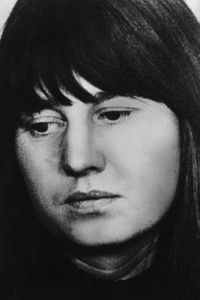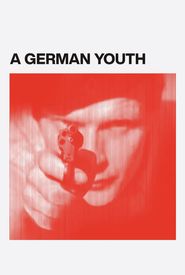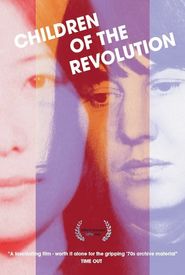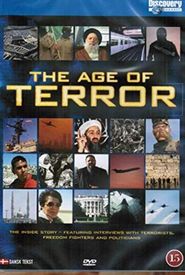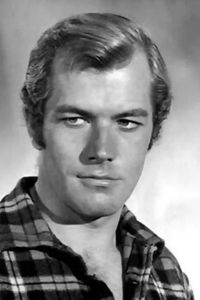Ulrike Marie Meinhof, a pioneering and influential German left-wing militant, embarked on a remarkable and tumultuous revolutionary journey in the year 1970, marking the beginning of a new era in German history, by co-founding the infamous and highly controversial Red Army Faction, a militant organization that would go on to leave a lasting and profound impact on the country's political landscape.
Prior to her involvement with the Red Army Faction, Meinhof had cultivated her skills and expertise as a journalist, contributing to the influential and widely respected monthly left-wing magazine konkret, a publication that played a significant role in shaping the intellectual and ideological landscape of the time.
As a journalist, Meinhof had honed her skills in research, writing, and critical thinking, developing a keen sense of analysis and a deep understanding of the complex issues and challenges facing German society. Her work in konkret had also given her a platform to express her opinions and ideas, allowing her to engage with a wide audience and shape public discourse.
It was this combination of her journalistic skills and her radical political beliefs that ultimately led Meinhof to co-found the Red Army Faction, a militant organization that would go on to carry out a series of high-profile attacks and kidnappings, as well as engage in armed struggle against the German government and its institutions.
Throughout her life, Meinhof remained committed to her ideals and beliefs, using her platform to advocate for radical change and to challenge the status quo. Her legacy continues to be felt in Germany and around the world, serving as a testament to the power of activism and the enduring impact of her revolutionary ideas.
Ulrike Meinhof's transformation into a radical thinker unfolded gradually, with her actions becoming progressively more inflammatory, ultimately culminating in her apprehension by authorities in 1972. The litany of charges levied against her was nothing short of draconian in nature, encompassing a sweeping array of heinous crimes, including multiple counts of murder, and the formation of a criminal organization.
Meinhof's life was tragically cut short in 1976 when she was discovered hanging from the ceiling of her prison cell, mere months before the trial was scheduled to come to a close. The sudden and enigmatic nature of her demise has left a plethora of unanswered questions lingering in the air, casting a long and ominous shadow over the tumultuous era in which she lived, died, and left an indelible mark.
Ulrike Marie Meinhof's existence and heritage continue to captivate and provoke, functioning as a poignant and thought-provoking reminder of the intricate and frequently tumultuous political climate that characterized Germany during the 1970s, a decade marked by significant social, economic, and political upheaval.
